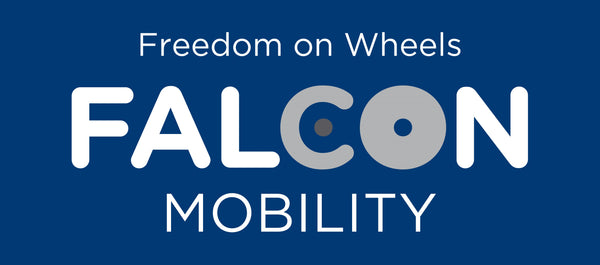
Facing the reality of limited mobility can be a depressing process, especially if it is not a matter of concern for a considerable portion of your life. The progression or onset of limited mobility brings about a wide range of natural reactions, such as grief, anger, and sadness.
Losing independence does create complete changes to one’s life. Yet, as cliché as it will sound, it is not the be-all and end-all, as there are things you can do in your “new” life to help you manage the impact.
1. Practising mindfulness
Limited and restricted mobility can result in being isolated from social activities that you once could enjoy independently and freely. However, the crucial thing is to maintain mindfulness and hope as you adjust to the new lifestyle. Here is an exercise that you can practise each morning to help you develop that mindfulness and hope.
Write down things you are grateful for each day to enable you to maintain a positive mindset and focus on what you can do. Being limited in your mobility does not make you a useless person. It is about finding new ways to maintain your usual lifestyle.
2. Staying socially active
While limited mobility does impact your social life, you should still try as much as possible to remain socially engaged. In fact, regular communication, whether with your loved ones, friends, or caregivers, is vital to help avoid that sense of isolation. Do not hesitate to reach out to them and share your feelings.
3. Staying physically active
Being physically active offers lots of benefits, both mind and body. Life does not have to be boring just because you have to rely on using personal mobility aids (PMAs) to move around. In fact, the whole point of depending on PMAs is to be able to maintain a degree of independence and an everyday life.
Depending on your degree of mobility limitation, standing regularly for a couple of hours each day can help you maintain bone density, improving your overall body functions, such as range of motion, endurance, and cardiovascular health. If mobility is really an issue, there are many exercises that you can do in your wheelchair that target specific muscle groups.
All in all, being physically active engages and benefits our body, helping us develop a better self-image and emotional health. You can quickly achieve physical activeness through enjoying fun activities with your caregivers apart from exercises.
Conclusion
As a mobility aid provider, we understand the pain that comes with limited mobility. However, we also want to encourage you that it is not the end of the world. You can still enjoy mobility independence even in the face of mobility challenges. With the right mindset, support, and strategies, you can still lead an empowering and fulfilling life.
Falcon Mobility is dedicated to empowering those with limited mobility. Through our extensive range of mobility aids, such as mobility scooters, walking aids, and both manual and electric wheelchairs, tailored to your specific needs, we enable you to be able to maintain an independent and fulfilling life. Our team looks forward to assisting you with your queries. Visit our showroom or contact us to find out more!

